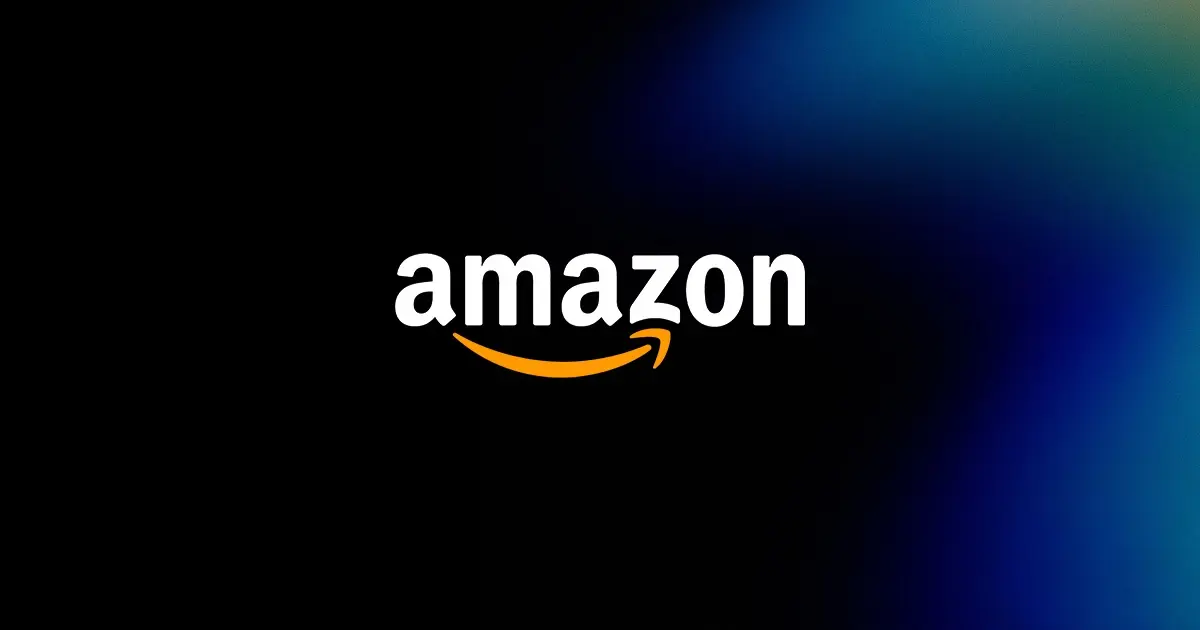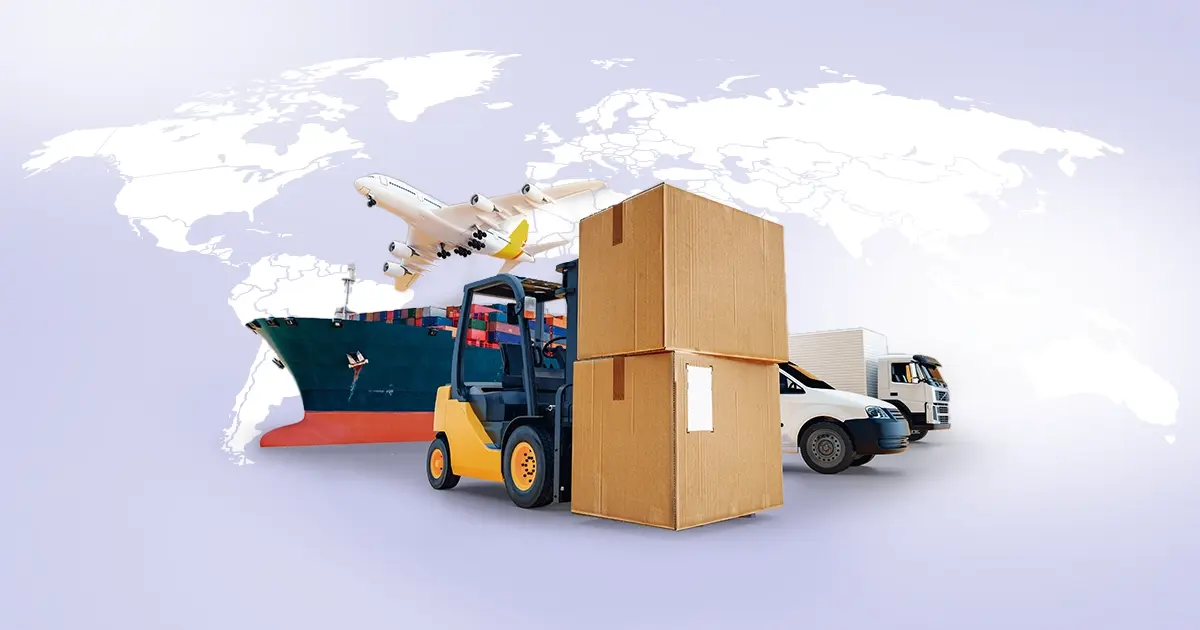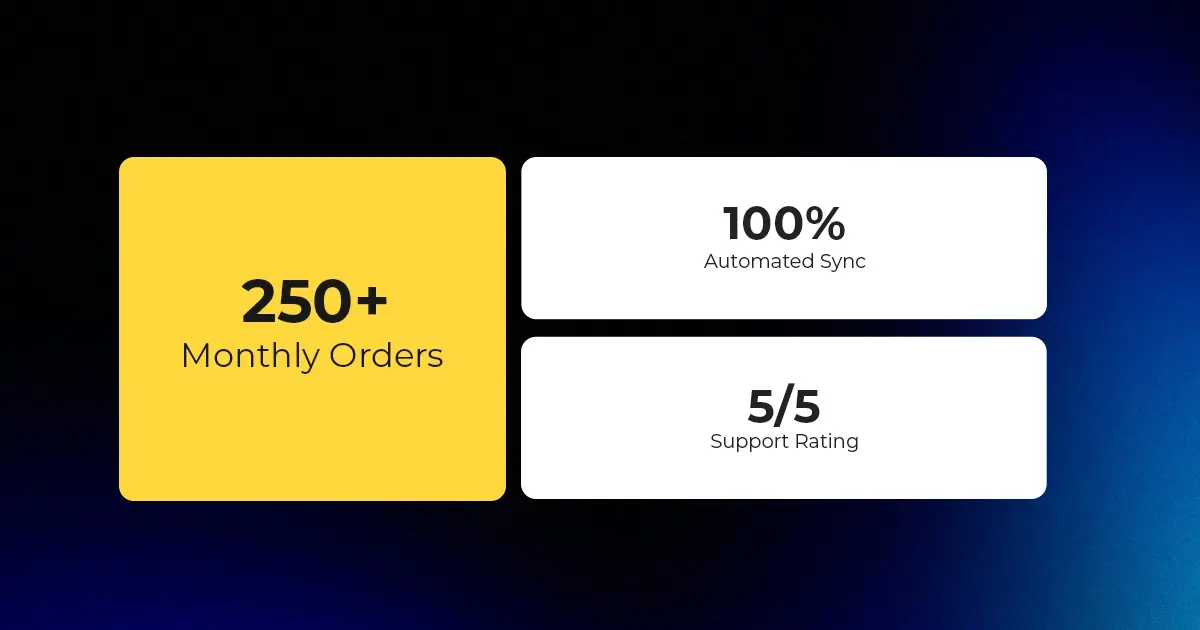The 2025 Fulfillment Shift: How Amazon MCF Now Powers Shein, Walmart, and Shopify Orders
Reading Time: 11 minutesThe eCommerce shift you actually need to act on Multi-channel fulfillment has…
Amazon has sparked widespread alarm among electronics sellers across Europe after announcing new requirements that force merchants to prove the authenticity of branded goods—or risk being delisted.
Starting September 17, 2025, electronics sellers in countries including Germany, France, Italy, the United Kingdom, and the Netherlands must submit additional supplier documentation to continue selling branded products on the marketplace.
Under the updated rules, sellers must:
The mandate applies across top-tier electronics brands such as Samsung, Dyson, Canon, Philips, HP, Sony, and Panasonic.
Amazon warns that failure to comply will result in product listings being removed. Sellers unable to produce the required documentation may face stock liquidation, with inventory potentially needing to be returned, destroyed, or donated.
While the intent is clear—tightening supply chain visibility to combat counterfeits—the rollout has been marked by confusion and anxiety among sellers.
Many merchants report receiving multiple, inconsistent notifications naming different brands, without clarity on which products are impacted. For smaller sellers, the demand to present invoices for 100 units is seen as disproportionately burdensome, particularly for those who trade in niche or lower-volume electronics.
The stakes are high: sellers unable to provide acceptable paperwork risk losing revenue streams overnight, especially if they hold significant unsold inventory tied to the affected brands.
Amazon says the decision stems from customer complaints citing “suspicious reasons,” authenticity concerns, and alleged guideline violations.
In a message reviewed by OHN, the company told sellers:
“We require sellers to demonstrate a proven track record of consistently sourcing goods from verifiable suppliers. We currently have insufficient information about your supply chain to confirm that you meet these requirements.”
The move is part of Amazon’s broader compliance strategy, designed to align with EU marketplace regulations and address mounting pressure over counterfeit goods circulating on online platforms.
Electronics is among the highest-risk categories for counterfeit trade due to high resale values and consumer safety risks. By targeting this sector first, Amazon is signaling a zero-tolerance policy toward unauthorized resellers, aligning itself with the EU’s stricter stance on product traceability.
For sellers, however, the changes highlight the growing operational burden of selling on Amazon. What was once an open marketplace is becoming increasingly gatekept by compliance requirements, favoring larger retailers with deep supply chain documentation and leaving smaller traders exposed.
For consumers, the policy may increase confidence in product authenticity. For sellers, it represents yet another barrier to entry in an already competitive environment.
Amazon’s gamble is that consumer trust outweighs seller discontent. But with September 17 looming, thousands of electronics sellers now face a critical choice: secure airtight supply chain paperwork—or risk being cut off from Europe’s largest online marketplace.
Source: https://ecommercenews.eu/amazon-demands-proof-of-authenticity-from-electronics-sellers/

Reading Time: 11 minutesThe eCommerce shift you actually need to act on Multi-channel fulfillment has…

Reading Time: 10 minutesBlack Friday Cyber Monday (BFCM) isn’t a weekend anymore; it’s a two-month…

Reading Time: 2 minuteseBay is quietly testing a new feature that could reshape how buyers…

Reading Time: 2 minutesAmazon is stepping into a new era of value commerce with the…

Reading Time: 11 minutesThe $240 Billion BFCM Opportunity & Why Operations Matter Every seller, business,…

Reading Time: 7 minutesTL;DR — Your 60-Second BFCM Battle Plan Time remaining: 3 weeks until…

Reading Time: 2 minutesChina’s Double 11 shopping festival — the world’s largest annual online retail…

Reading Time: 2 minutesAs the holiday season approaches, TikTok Shop has released its September 2025…

Reading Time: 3 minutesIn a continued effort to enable sellers and stimulate new product launches…

Reading Time: 2 minutesAs global trade enters a new phase of regulation and cost restructuring,…

Reading Time: 2 minutesOpenAI Turns to Amazon Web Services in $38 Billion Cloud Deal: What…

Reading Time: 4 minutesAbout the Client TMRG is a global health and wellness brand with…

Reading Time: 2 minutesAmazon Begins Quarterly Tax Reporting to China: A New Era of Cross-Border…

Reading Time: 2 minutesAbout the Brand Name: Stylecraft Industry: Home Décor & Lighting Location: US…

Reading Time: 2 minutesAbout the Brand Name: Flag Agency Industry: Digital Retail & Brand Management…

Reading Time: 2 minutesAbout the Brand Name: Stadium Goods Industry: Sneakers, Apparel & Collectibles Location:…

Reading Time: 11 minutesHalloween 2025: The Creative Seller’s Goldmine In the age of viral décor…

Reading Time: 2 minutesOverview AliExpress has launched a new global scheme — the Best Price…

Reading Time: 3 minutesEtsy, Inc. (“Etsy”) today announced two major developments: the appointment of Kruti…

Reading Time: 2 minuteseBay posted a strong performance in Q3 2025, with revenue and gross…